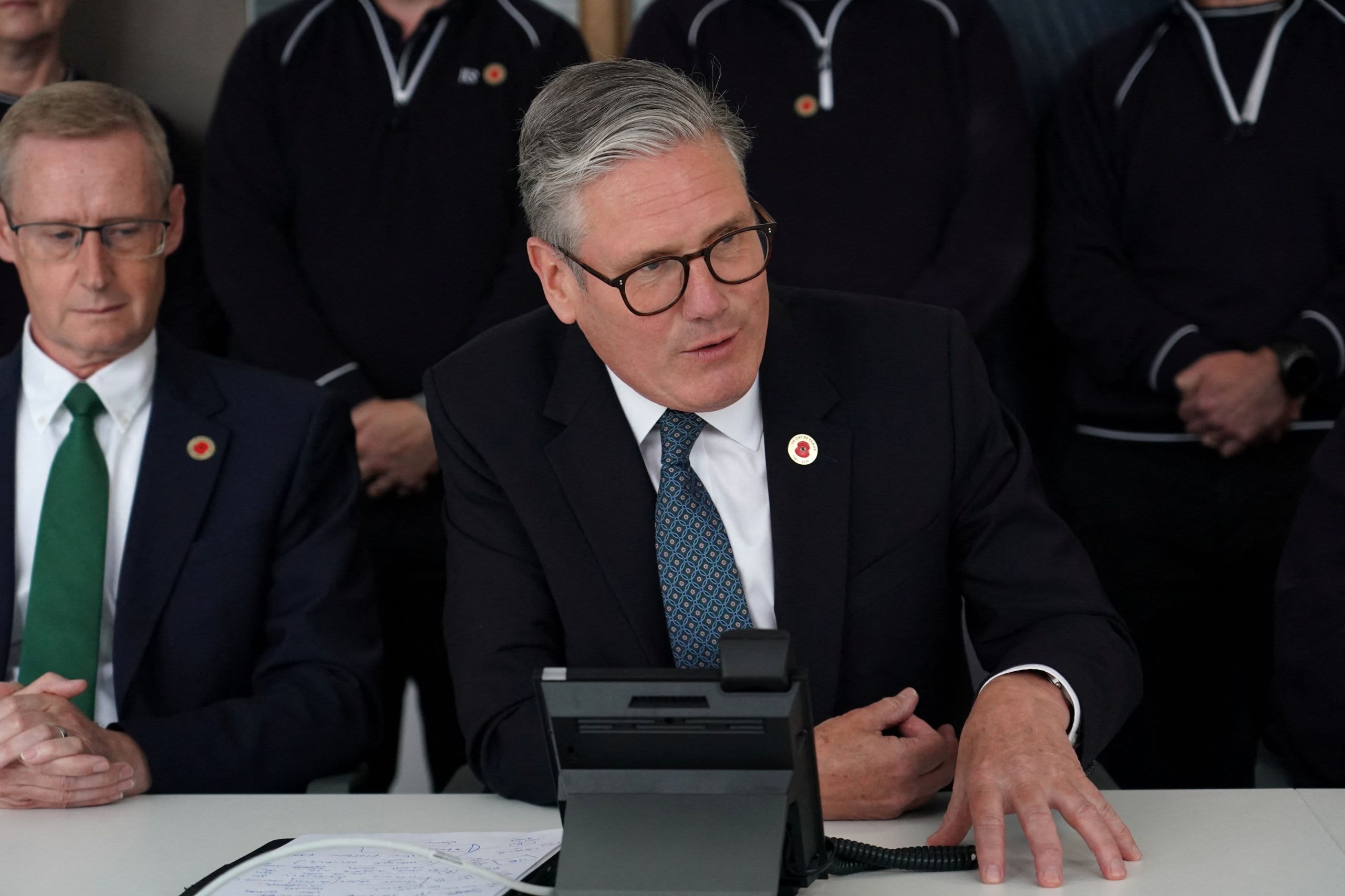Taken from CNBC’s Daily Open, our international markets newsletter — Subscribe today
The U.K. is the first country to seal a trade deal with the U.S. Cue the jubilations. And investors certainly did, giving the three major U.S. indexes back-to-back winning sessions. Curiously, the mood across the Atlantic wasn’t as upbeat: the U.K.’s FTSE 100 closed lower following the announcement of the agreement.
To be sure, the U.K. extracted some concessions, such as a lower tariff rate on its first 100,000 vehicles exported to the U.S. and securing new discussions for U.S. President Donald Trump’s universal 25% levies on steel and aluminum imports.
That said, the deal does seem more advantageous to the U.S., at least based on the fact that a 10% tariff will remain on all U.K. imports, alongside other compromises allowed by Britain.
The U.S. already runs a trade surplus with the U.K., meaning that it exports more to the country than it imports. And a 10% tariff was what Trump slapped on the U.K. on April 2, so there was no reduction in those levies despite both countries reaching an agreement.
“What we heard today is just noise for most U.K. imports. It doesn’t affect the majority of products,” Andy Abbott, CEO of niche ocean liner company Atlantic Container Line, told CNBC’s Lori Ann LaRocco.
Based on the available details, Washington seems to have got the better end of the deal.
What you need to know today
UK takes lead: strikes a deal with U.S.
U.S. President Donald Trump on Thursday laid out the outline of a trade agreement with the United Kingdom. Many specifics about the deal were not immediately clear, and nothing was signed during the Oval Office event. A White House fact sheet stated that the U.S. will keep a blanket 10% tariff on U.K. imports, which Trump said will be floor for tariffs. The impact of the deal could be limited, a freight CEO said.
Most markets rally on trade deal news
U.S. stocks climbed Thursday on news of the freshly minted U.S.-U.K. agreement. The S&P 500Dow Jones Industrial AverageNasdaq CompositeStoxx 600FTSE 100giving up earlier gains as the country and the U.S. announced a trade deal and its central bank cut interest rates.
Britain’s central bank lowers rates
The Bank of England on Thursday cut interest rates to 4.25% from 4.5%. The cut had been widely expected, especially after a slowdown in price rises, with annual inflation cooling to 2.6% in March, down from 2.8% the previous month. Five of the BOE’s nine policymakers voted for the cut, with two members wanting a larger 50-basis-point reduction, and two wanting to keep rates on hold.
Coinbase misses estimates as bitcoin jumps
Coinbasefailed to meet expectations. The company said consumer trading volume fell 17% from the fourth quarter. The same day, bitcoinfirst time since February, and a Standard Chartered analyst wrote a tongue-in-cheek apology that his target of $120,000 for bitcoin “may be too low.”
First American pope elected
Cardinal Robert Francis Prevost was elected as pope on Thursday, the first time an American has been selected as pontiff of the Roman Catholic Church. Prevost, 69, chose the papal name Leo XIV. Following the news, Trump congratulated the new pope, writing on Truth Social that Leo being the “first American Pope” is “a Great Honor for our Country.”
[PRO] Trade deal only a temporary stimulus?
Even though investors cheered the U.S.-U.K. trade deal and sent stocks higher Thursday, CNBC Pro contributor Josh Brown, CEO of Ritzholtz Wealth Management, is keeping his expectations of a prolonged market rebound in check — and points out two defensive tech stocks because they behave more like consumer staples.
And finally…
Why the Bank of England governor thinks uncertainty is here to stay despite a trade deal
Bank of England Governor Andrew Bailey told CNBC on Thursday that the U.K. was heading for more economic uncertainty, despite the country being the first to strike a trade agreement with the U.S. under President Donald Trump’s controversial tariff regime.
“The tariff and trade situation has injected more uncertainty,” Bailey told CNBC in an interview. “A U.K.-U.S. trade agreement is very welcome in that sense, very welcome. But the U.K. is a very open economy.”
That means that the impact from tariffs on the U.K. economy comes not just from its own trade relationship with Washington, but also from those of the U.S. and the rest of the world, he said.
International: Top News And Analysis
Read the full article <a href="Read More” target=”_blank”>here.



